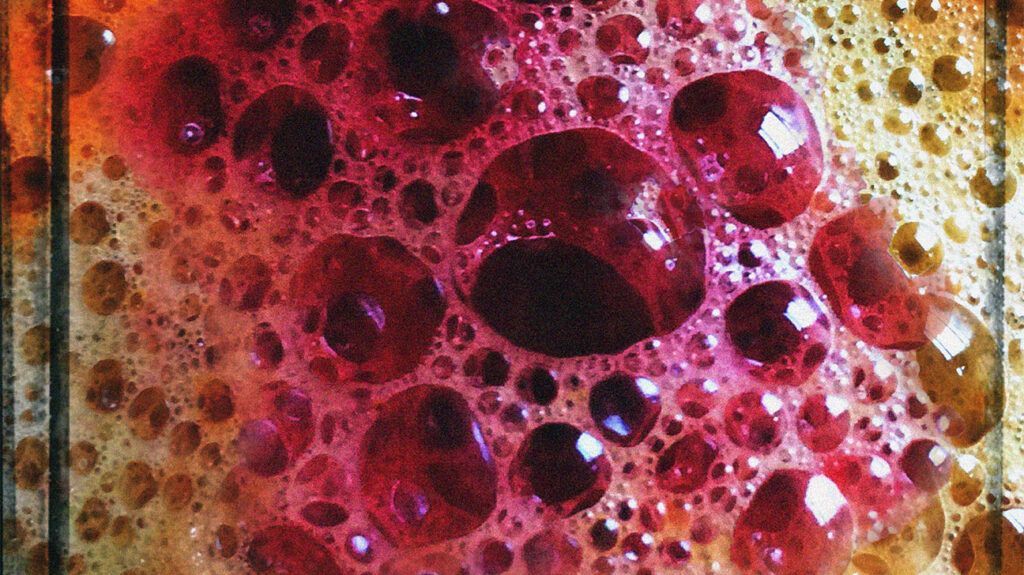Beetroot (beet) juice can help lower blood pressure. Research has found that the daily consumption of beet juice may benefit people with hypertension, or high blood pressure.
Beets are a sweet root vegetable that has plenty of beneficial properties. This is because beets contain many electrolytes, antioxidants, and many other compounds that can support the health of the brain and cardiovascular system. This may include managing high blood pressure, or hypertension.
This article reviews the role of beet juice in high blood pressure management, how much beet juice experts recommend consuming, and the potential downsides of drinking it regularly.

Beets are
As beets can boost the production of nitric oxide by increasing the concentration of nitrate in the bloodstream, consuming beet juice
Learn more about the benefits of beet juice.
Optum Perks is owned by RVO Health. By clicking on this link, we may receive a commission. Learn more.
A doctor may recommend consuming beet juice
A
The studies included individuals with and without high blood pressure. The regular consumption of beet juice led to an average reduction of 3.55 millimeters of mercury (mm Hg) for systolic blood pressure and 1.32 mm Hg for diastolic blood pressure.
This reduction in blood pressure can cause a significant risk reduction for stroke and other complications that may occur in the cardiovascular system due to hypertension.
While it can help lower blood pressure, beet juice may not be as effective as medications for high blood pressure. A person should always discuss their treatment plan with their doctor.
A
However, the same meta-analysis pointed out that the people who drank 250 mL of beet juice every day had the best blood pressure outcome. This suggests 250 mL is the recommended quantity a person needs to consume daily to maximize the effect of beet juice on blood pressure.
How long it takes for beet juice to lower blood pressure can vary. However, a
Research suggests that drinking beet juice daily for
People may be able to drink beet juice and take blood pressure medications simultaneously. However, it is important to contact a doctor for advice if a person wishes to change their treatment plan for high blood pressure.
A doctor can advise on whether drinking beet juice alongside taking medications to lower blood pressure may lower a person’s blood pressure too much. If this occurs, the individual may experience symptoms
- dizziness or lightheadedness
- blurry vision
- fainting
- confusion
- weakness or tiredness
- headache
- back or neck pain
- heart palpitations
- nausea
Low blood pressure, which is known as hypotension, can be serious in some cases. If a person experiences any severe symptoms of hypotension that do not improve with sitting or lying down, they need to seek immediate medical help.
Consuming a lot of beet juice may have some downsides. It may change the color of urine and feces due to its pigments.
Because of its high oxalate content, beet juice
A 2021 systematic review stated that ingesting high levels of nitrates may increase the risk of cancer. This is because it may form carcinogen compounds after interacting with the digestive system. Beets are high in nitrates.
However, this
Eating beets may help lower blood pressure. However, most of the studies focus on the consumption of beet juice.
This means insufficient scientific evidence exists to confirm whether eating beets has the same beneficial effect as drinking beet juice.
A person can contact their doctor if they wish to discuss dietary changes that may help them manage their blood pressure.
Learn more about foods that can help lower blood pressure.
Drinking 250 milliliters of beet juice may help lower blood pressure because beets contain nitrate. Nitrate can increase the production of nitric oxide, a compound that relaxes and dilates the blood vessels.
It is best to contact a doctor for advice before adding beet juice to a person’s regular diet. The doctor can advise on whether beet juice may be beneficial as part of a treatment plan for high blood pressure.



